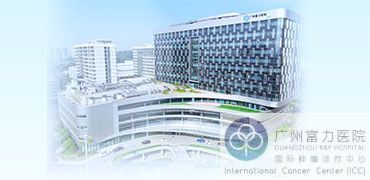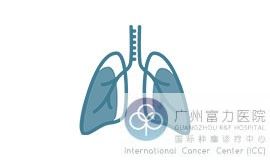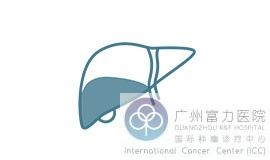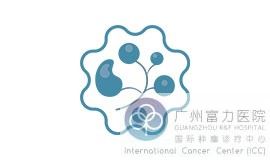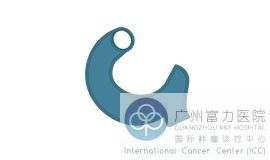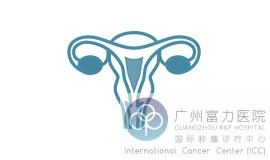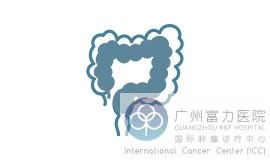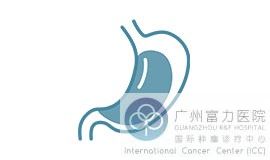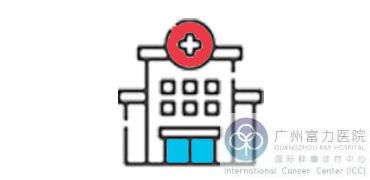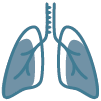——Stomach cancer ——
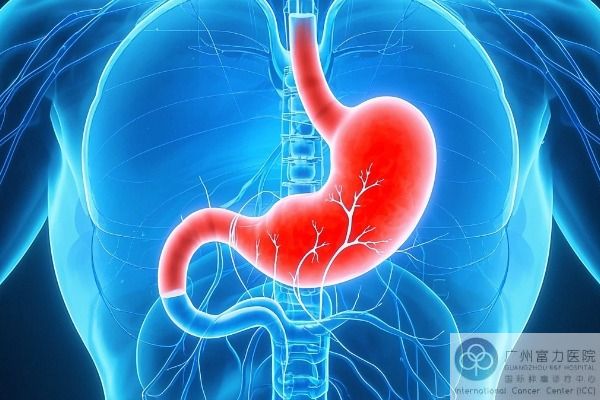
Gastric cancer, like a "deadly ghost" lurking deep in the stomach, silently wreaks havoc in the stomach, a key digestive organ of the human body. It originates from the mucosal epithelial cells on the surface of the stomach wall, like a "time bomb" buried at the foundation of the health fortress. Once the disease occurs, cancer cells will quickly invade the stomach wall, destroy its normal tissue structure and function, and bring great pain to patients.
According to the statistics of the International Agency for Research on Cancer (IARC) in 2020, the incidence of gastric cancer is as high as 5.6%, ranking among the top five of all cancers, becoming a serious disease that threatens human health and causing panic and grief to countless families.
For mid- and late-stage gastric cancer, although it is difficult to cure, modern medicine provides minimally invasive technologies with few side effects and little trauma, which can help patients avoid the pain of traditional surgical resection and radiotherapy and chemotherapy, effectively prolong survival and improve the quality of life.
Classification of Gastric Cancer
According to the location of gastric cancer, gastric cancer can be divided into gastric fundus and cardia cancer, gastric body cancer, gastric antrum cancer, etc.;
According to pathological classification, it can be divided into early gastric cancer and advanced gastric cancer;
Based on histological classification, it can be divided into papillary adenocarcinoma, tubular adenocarcinoma, poorly differentiated adenocarcinoma, signet ring cell carcinoma, mucosal adenocarcinoma, scirrhous carcinoma, undifferentiated carcinoma and mixed carcinoma.
Gastric Cancer Staging
According to statistics from the American Cancer Society, the stages of gastric cancer and the 5-year survival rate are as follows:
Gastric cancer stage I: 88%--94%;
Gastric cancer stage II: 68%--82%;
Gastric cancer stage III: 18%--54%;
Gastric cancer stage IV: less than 18%.
Cancer experts from Guangzhou R&F Hospital International Cancer Hospital pointed out that the choice of treatment plan is the key to the anti-cancer process. Currently, minimally invasive comprehensive treatment provides new hope for gastric cancer patients due to its advantages of few side effects and mild trauma. This method can not only preserve the gastric organs to the maximum extent and avoid the pain of resection surgery, but also reduce the severe discomfort caused by traditional radiotherapy and chemotherapy, thereby prolonging the patient's survival and re-lighting the light of hope for countless families.
For more cancer knowledge, please click online doctor for consultation
—— Traditional treatment techniques for gastric cancer ——
Traditional treatments for gastric cancer
Surgery: Surgery is used to remove cancerous tissue and any lymph nodes in the neck that may have metastasized.
Radiation therapy: It can be used as a single treatment or combined with other treatments such as surgery or chemotherapy.
Chemotherapy: often used as palliative treatment for advanced cancer that is inoperable or has distant metastasis;
—— New technology for fighting gastric cancer ——
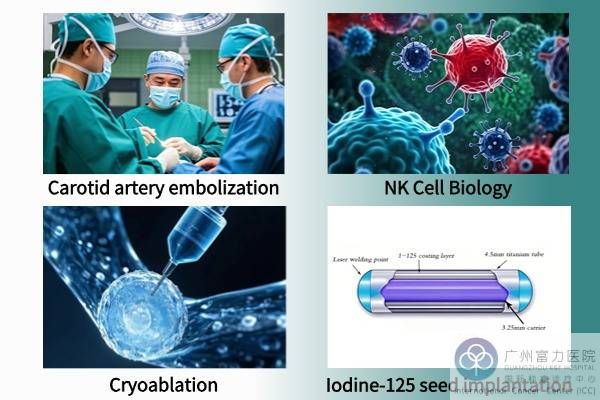
What is transarterial embolization?
Transarterial embolization is a minimally invasive technique that "starves the tumor to death." Under the guidance of DSA (digital subtraction angiography), the physician inserts the catheter into the tumor-supplying artery through femoral artery puncture (only a 2mm incision) and injects embolic agents (such as drug-loaded microspheres and iodized oil) to block blood flow. The tumor necroses due to ischemia and hypoxia, while the surrounding normal tissues are almost intact. If combined with chemotherapy drugs (i.e. TACE), a double blow of "cutting off food supply + poisoning" can be achieved simultaneously, and the efficacy can be increased by 2-3 times. It is done under local anesthesia, leaving only tiny pinholes in the skin.
What is NK cell biological immunotherapy?
NK cells (natural killer cells) are the "vanguard" of the human immune system. They can quickly identify and destroy cancer cells and abnormal cells infected by viruses without having to "remember" the enemy in advance.
What is cryoablation?
Cryoablation is a minimally invasive technique that physically destroys tumors through "extremely low temperatures". Under the guidance of CT or ultrasound, the doctor accurately punctures a pen-thin ablation needle into the tumor and releases argon gas to instantly cool the tumor to -140℃~196℃. The extremely cold environment freezes cancer cells into ice crystals, and the cell structure completely collapses. Subsequently, the helium gas is quickly heated to 20°C~40°C, and the alternating hot and cold "temperature difference attack" further destroys the residual cancer cells without damaging the surrounding normal tissues.
What is iodine-125 seed implantation?
Iodine-125 seeds are a type of "mini-radiotherapist" that is only 4.5 mm in size and contains the radioactive isotope iodine-125. After accurately locating the tumor using imaging technology (such as CT), doctors use a fine needle to implant dozens to hundreds of iodine-125 particles into the tumor. These particles deliver low-dose radiation over a continuous period of time (about 6 months), directly destroying tumor cells while maximizing the protection of surrounding normal tissue.
In addition, we also have the following tumor elimination technologies:
Radiofrequency ablation, cytokine therapy, CAR-T cell therapy, microwave ablation, immune checkpoint inhibitor PD-1/PD-L1 therapy, monoclonal antibody therapy...
—— Enter the technology area to see which technology is more suitable for you
—— Gastric cancer patient story ——
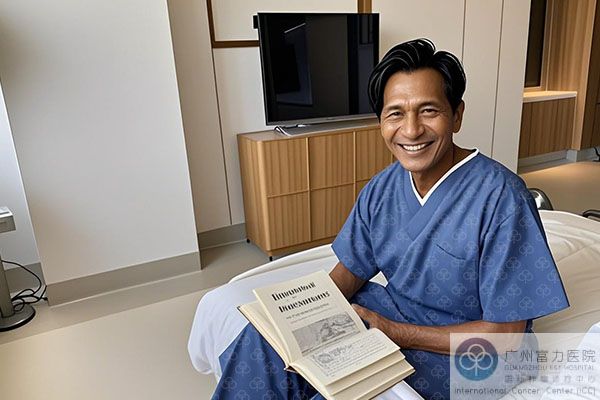
Chen Minghua (Malaysian patients)
"What I thought was a common stomach problem turned me into a living skeleton until I saw a ray of hope on YouTube..."
—— To know how he recovered, read his story
—— What are the symptoms of gastric cancer ——
Symptoms of early stomach cancer:
Upper abdominal distension and discomfort
Acid reflux or burning sensation in the stomach
Weight loss, fatigue
Black stools
Symptoms of Advanced Gastric Cancer:
In the late stages, the symptoms of stomach cancer become more obvious and difficult to relieve. In addition to the aggravation of the above symptoms, there are also the following characteristics:
Metastasis: Advanced gastric cancer has a high chance of metastasis. Cancer cells can spread to nearby organs or metastasize to distant sites through lymph nodes. This can lead to symptoms such as ascites, jaundice, liver enlargement, and even complications such as gastric perforation, bleeding, and necrosis. Although it sounds scary, there is still hope as long as it is treated in time!
Other symptoms:
Difficulty swallowing
Food Reflux
General abdominal pain
Diarrhea, constipation
fever
Tips
If you find yourself having any of the above symptoms, don’t panic! Going to a regular hospital for timely examination and choosing appropriate treatment methods are the keys to defeating gastric cancer. Remember, early detection and early treatment are the best way to go!
—— For more cancer knowledge, please click on the online doctor for consultation.
—— Diagnosis of Gastric Cancer ——
In today's era of rapid advances in medical technology, the "arsenal" to fight disease is becoming more and more abundant, and the means of disease detection are also changing with each passing day. Take gastric cancer as an example. A variety of cutting-edge and effective diagnostic methods are like bright lights. They can not only accurately identify this "health killer" hidden in the stomach, but also analyze the condition from all angles, tailor the best treatment path for patients, and light up the light of hope for recovery.
Experts from Guangzhou R&F Hospital International Cancer Hospital remind everyone earnestly: Once the body sends out an "alarm" of suspected gastric cancer, such as repeated bloating and discomfort in the upper abdomen, unexplained acid reflux and heartburn, quiet weight loss, or the discovery of black stools, do not take chances, and rush to the hospital as soon as possible to start the journey of accurate diagnosis.
Diagnosis of Gastric Cancer:
Gastroscopy: A “scout” of the microscopic world of the stomach
X-ray diagnosis: penetrating the surface and discovering the "hidden enemy"
CT Scan: 360° Insight into Cancer Cell Movements
Ultrasound endoscopy: a new technology that draws a “panoramic picture” of tumors
Smart capsule digestive tract endoscopy system
Cancer experts from Guangzhou R&F Hospital International Cancer Hospital solemnly remind you: An accurate diagnosis of gastric cancer is like the first beacon that illuminates the road to fighting cancer. Only in this way can doctors tailor the most reasonable treatment plan for patients, comprehensively improve the effectiveness of gastric cancer treatment, and help patients return to a healthy life as soon as possible.
—— Enter the diagnostic center to learn about the latest diagnostic and treatment technologies
Use precise technology to create more possibilities for life.
The Cancer Center of Guangzhou R&F Hospital has opened an era of "chemotherapy-free survival" for cancer patients, winning a lasting victory for life. If you or your family are facing difficulties in cancer treatment, please contact the Guangzhou R&F Hospital Cancer Center. We offer multilingual medical history consultations, contact us today to get an assessment of your treatment eligibility.
Contact Us:
email: rfcancercenter@gmail.com |
WhatsApp: +86 18565157271




